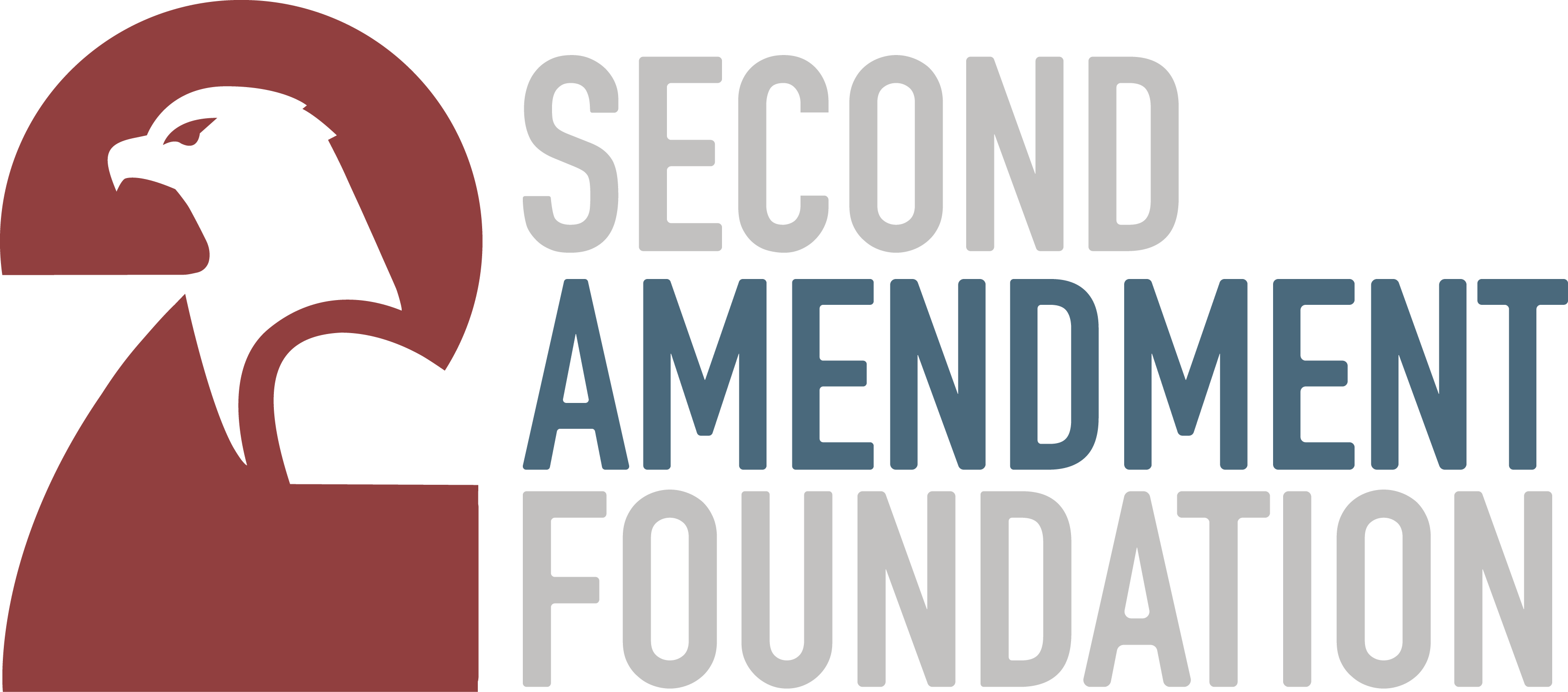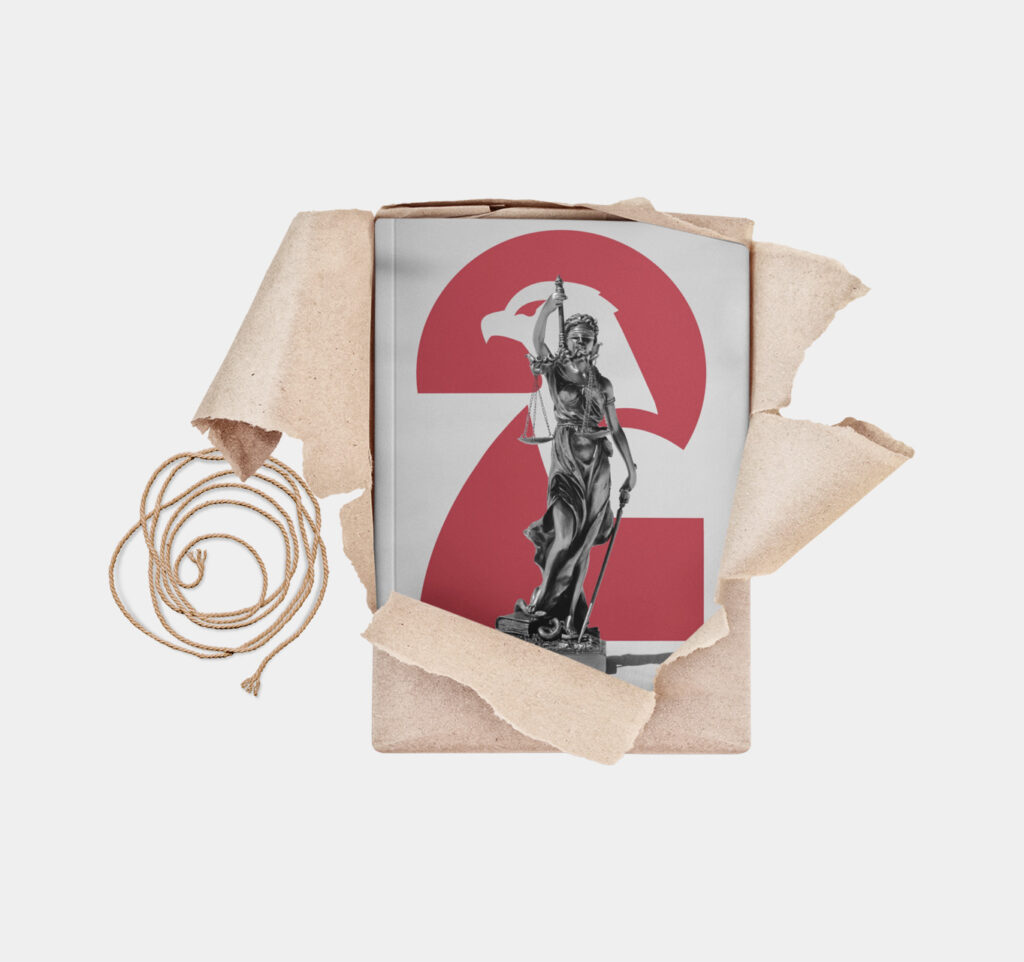BELLEVUE, WA – Attorneys representing the Second Amendment Foundation and its partners in a federal challenge of the Illinois ban on modern semi-auto firearms and “large-capacity magazines” have filed a petition with the U.S. Supreme Court, seeking certiorari in the case of Harrel v. Raoul.
SAF is joined by the Illinois State Rifle Association, Firearms Policy Coalition, Inc., C4 Gun Store, LLC, Marengo Guns, Inc., and a private citizen, Dane Harrel, for whom the case is named. The federal complaint was originally filed in January 2023. They are represented by attorneys David Thompson, Peter Patterson, and Will Bergstrom of Cooper & Kirk, PLLC and David Sigale in Wheaton, Ill.
“Clearly,” said SAF founder and Executive Vice President Alan M. Gottlieb, “the Illinois gun and magazine bans are unconstitutional under principles set down in the 2008 Heller ruling and the 2022 Bruen decision. In both of those opinions, the high court said the Second Amendment protects firearms in common use. It is indisputable that modern semiautomatic rifles and magazines holding more than ten cartridges are in common use by tens of millions of U.S. citizens, so such a ban is, in the court’s own words, ‘off the table.’”
“The questions here are simple and straightforward,” explained SAF Executive Director Adam Kraut. “Does the U.S. Constitution allow the government to prohibit law-abiding, responsible, peaceable citizens from protecting themselves, their families and homes with semiautomatic firearms that are in common use? Does the same Constitution allow the government to prohibit those same citizens from using commonly-owned magazines for such protective purposes? Pending similar actions in other jurisdictions make it paramount that the Supreme Court accept this case for review, as the lower courts continue to ignore the Court’s edict.”
Gottlieb and Kraut say this case exemplifies SAF’s commitment to winning firearms freedom one lawsuit at a time, and will allow the Court to further define the parameters of the Second Amendment.


